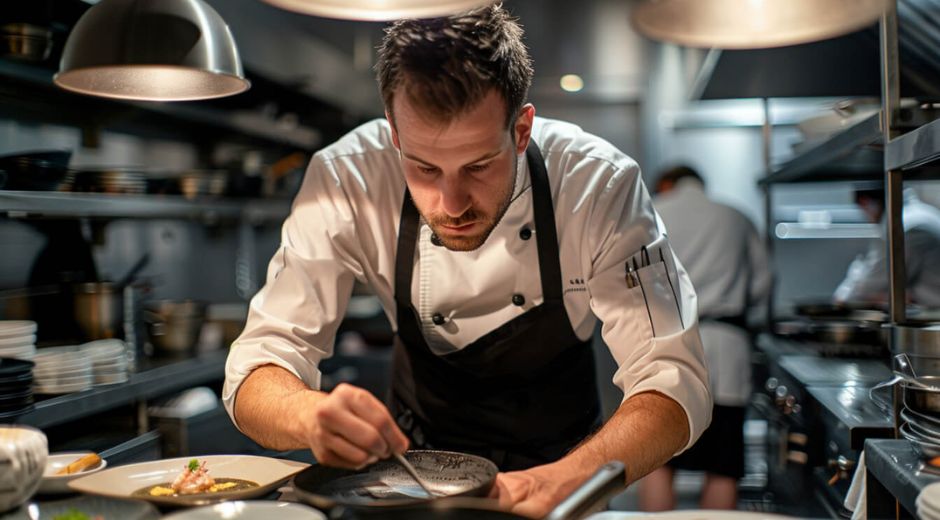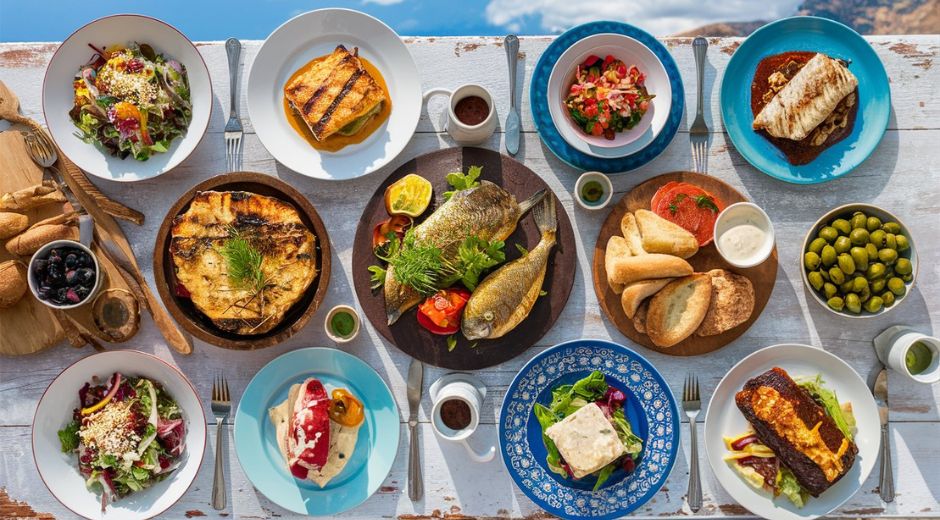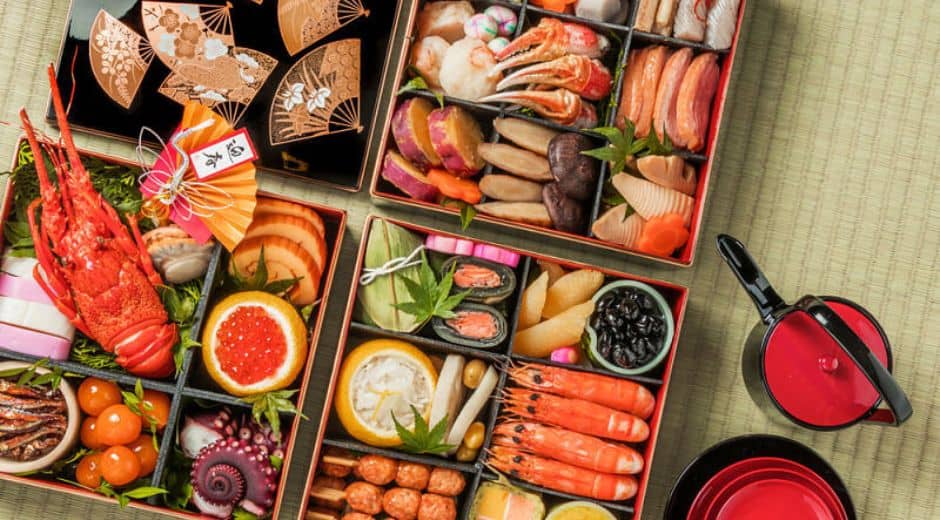12 Inspiring Facts About Italian Cuisine
Italian cuisine isn’t just food—it’s history, passion, and sometimes a little drama (especially if you dare to put pineapple on pizza). For centuries, Italy has shaped how the world eats, turning simple ingredients into unforgettable dishes. In this story, we’ll explore 12 inspiring facts about Italian cuisine that will make you love it even more—and maybe make you hungry along the way.
1. Pasta is Older Than Italy Itself
Believe it or not, pasta existed long before Italy became a unified country in 1861. Records of noodles can be traced back to the Etruscans and Romans. While some myths say Marco Polo brought it from China, pasta was already part of Italian cuisine centuries earlier. Sorry Marco, nice try.
2. Pizza Was a Poor Man’s Dish
Today pizza is a worldwide superstar, but it began as humble street food in Naples for workers and peasants. Tomato, cheese, and bread—cheap, filling, and delicious. This simplicity is the soul of Italian cuisine: turning basic ingredients into something extraordinary.
3. Olive Oil Is Liquid Gold
Italians take olive oil so seriously that in some regions, families still produce their own. It’s not just cooking fat—it’s tradition, health, and pride. Studies link Mediterranean diets rich in olive oil to long life, showing that Italian cuisine can be as healthy as it is tasty.
4. Italy Has More Than 400 Pasta Shapes
From spaghetti to farfalle to orecchiette (“little ears”), pasta shapes are designed to hold sauces in different ways. In fact, there are over 400 unique types! This creativity makes Italian cuisine deeply regional and endlessly diverse.
5. Gelato Isn’t Just Ice Cream
Italians will fight you on this one: gelato is not just ice cream. It’s churned slower, has less fat, and packs more flavor. Gelato is a shining symbol of Italian cuisine—refined, indulgent, and perfect for any occasion.
6. Coffee Culture Is Sacred
In Italy, coffee is more than a drink—it’s a ritual. Espresso at the bar, cappuccino only before 11 a.m., and never after dinner. These unwritten rules reflect how tradition shapes Italian cuisine, right down to the last sip.
7. Regional Diversity Is Everything
Talking about “Italian cuisine” as one thing is misleading. Northern Italy favors risottos and butter, the south leans on pasta, tomatoes, and olive oil, while islands like Sicily mix in Arab influences. Each region adds a new layer to the country’s identity.
8. Cheese Is Practically a Religion
From Parmigiano-Reggiano to mozzarella di bufala, Italian cheeses are world-famous. Some are aged in caves, some protected by law, all of them delicious. This devotion shows why Italian cuisine is one of the richest gastronomic traditions on Earth.
9. Tomatoes Weren’t Always Italian
It’s hard to imagine Italian cuisine without tomatoes, but they only arrived in the 16th century from the Americas. At first, people thought they were poisonous. Today, tomato-based sauces define Italian cooking. Talk about a glow-up.
10. Italian Food Inspired the Whole World
Spaghetti and pizza may be global stars, but the influence goes way beyond. From Michelin-starred chefs to grandma’s Sunday dinners, Italian cuisine shaped how we think about flavor, quality, and tradition. It’s a culinary export that never fades.
11. Meals Are About Family and Time
In Italy, food is never just fuel—it’s community. Meals last hours, with multiple courses, laughter, and debate. This human touch is the heartbeat of Italian cuisine: food made to be shared, not rushed. (Yes, put your phone down.)
12. Cooking Is Treated as an Art
Whether it’s hand-rolled pasta or wood-fired pizza, Italians treat cooking as art. Every dish tells a story of heritage, love, and creativity. That’s why Italian cuisine continues to inspire chefs and food lovers worldwide.
Final Thoughts
These 12 inspiring facts remind us that Italian cuisine is more than recipes. It’s history, family, innovation, and passion all served on a plate. Next time you twirl pasta or sip espresso, remember—you’re tasting centuries of tradition with a pinch of humor and a whole lot of love.
If Italy has captured your curiosity, you may also enjoy diving deeper into its flavors and traditions. Check out our story Taste Italy: 5 Traditional Foods You Must Know for even more delicious inspiration.
Best cooking Tips

Simple Ingredient Meals With Big Flavor
Simple Ingredient Meals With Big Flavor

Hearty Home Meals That Feel Comforting And Filling
Hearty Home Meals That Feel Comforting And Filling

Everyday Food Ideas For Consistent Inspiration
Everyday Food Ideas For Consistent Inspiration

Casual Home Dining Ideas For Relaxed Meals
Casual Home Dining Ideas For Relaxed Meals













